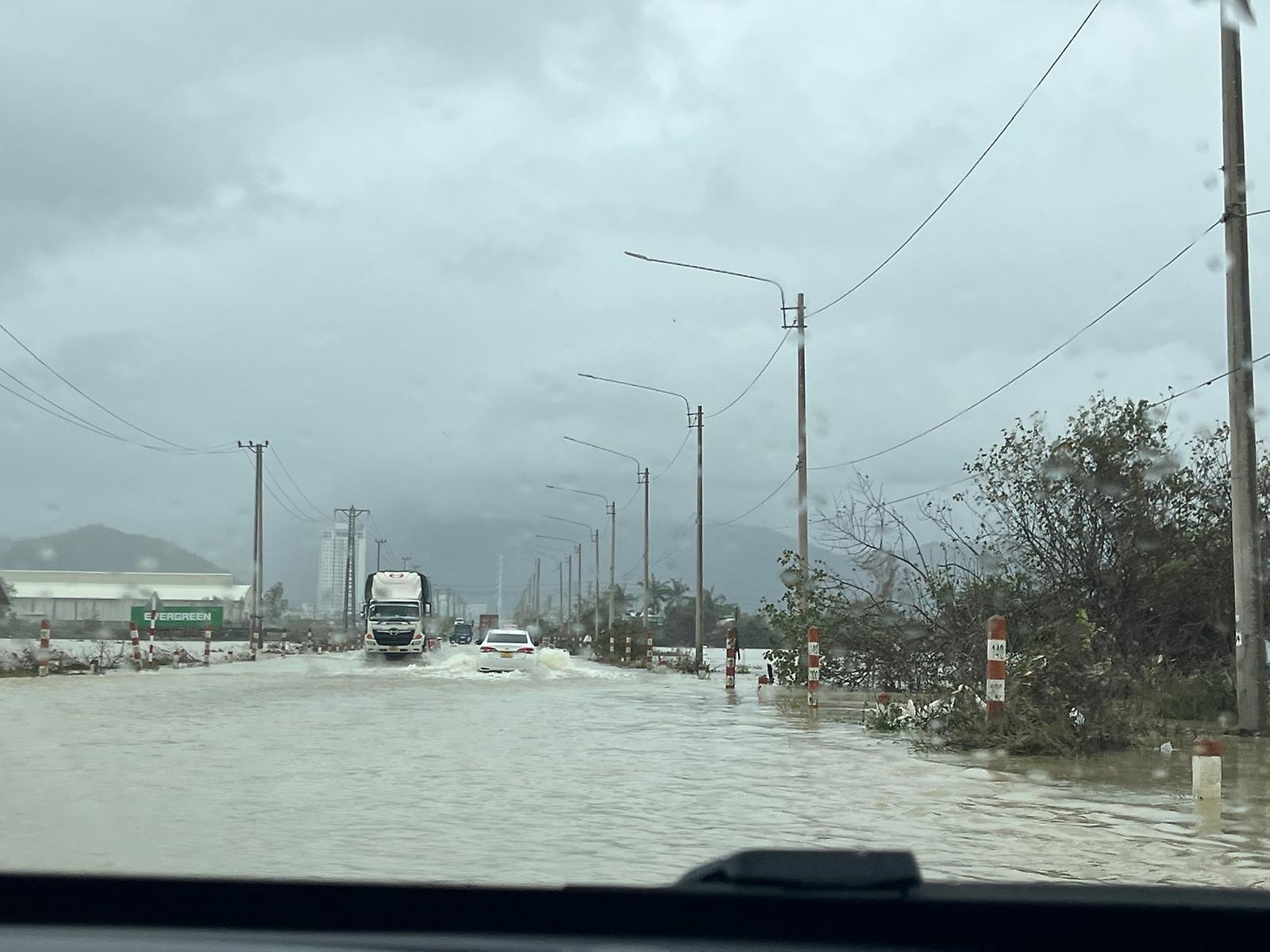Aquaclew for better water services
The Aquaclew project has, during the last three years, advanced data quality in Pan-European climate services for the water sector. Robustness, Resolution and Recruitment describes the performance through the entire Climate Service production chain.

Researcher Christiana Photiadou from SMHI has coordinated this research project aiming to give decision makers around Europe better data quality concerning the water sector. The three-year-project started in September 2017, and was funded by JPI Climate and national funding agencies in the different partner countries. Aquaclew has brought together nine complementary organizations from across Europe, with different experience and expertise.
Advanced data quality in climate services
“The overall goal of the project was to advance data quality in climate services, and we have done that in different ways through the entire Climate Service production chain. We studied how we interacted with users and we have found new information about how to better do bias correction and hydrological impact modelling”, says Christiana Photiadou.

Three ‘R’s summarize the main conclusions:
Robustness. Using expert knowledge and/or new methods to optimize the use of climate and hydrological model ensembles, including climate change signals in calibration and validation of hydrological models, and excluding climate models that perform ‘poorly’ can increase robustness of data in climate services.
Resolution. Higher resolution datasets for modelling and bias adjustment in Pan-European climate services are needed for testing new methods and data sets in local and regional case studies.
Recruitment. Teaching students, and developing capacity around the world can improve co-development and increase user uptake and understanding of climate services and the value services provide.
New knowledge
Experiments from Aquaclew will be used as inputs for the service evolution of the operational water service for Copernicus Climate Change Service (C3S) led by Peter Berg and developed at the Hydrology Researdh Unit at SMHI.
“The case studies will be used as examples for future similar work. Many of the partners will continue to work with their users with the new methods/data found in Aquaclew. Spain will keep on running their new methods for reservoir management. Aquaclew is also included in the JPI Climate working group on co-designing with users and have given input to the JPI recommendations for future calls,” says Christiana Photiadou.
Positive change towards climate friendliness measures
New proposals and future continuation are under discussion. Also, the feedback loops developed in the project will continue to collect feedback to further improve the services. Climate friendliness outcomes will be re-used in other projects to engage partners and keep track of carbon emissions when researching climate change.
“Attitudes to climate friendliness measures changed and developed throughout the project. New methods and data can now be implemented in Pan-European climate services, in a way that contributes to sustainable decision-making by local to regional scale users across Europe”, says Christiana Photiadou.


